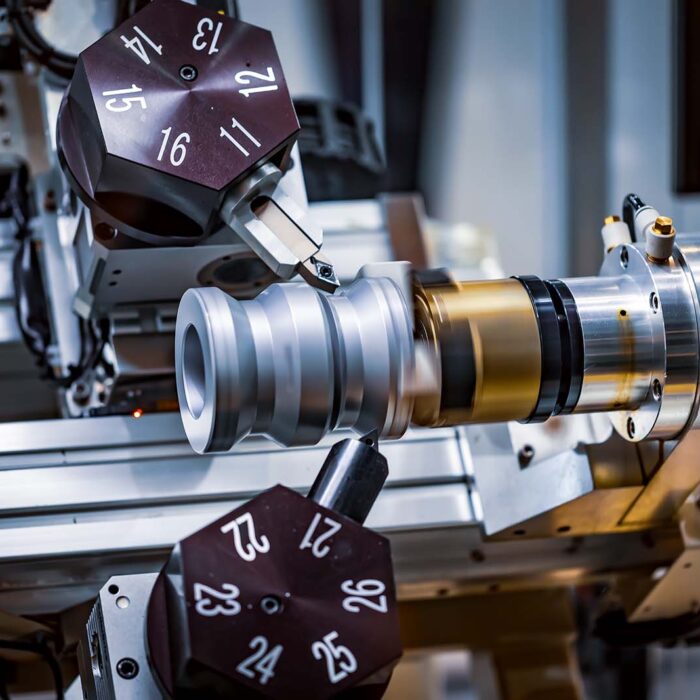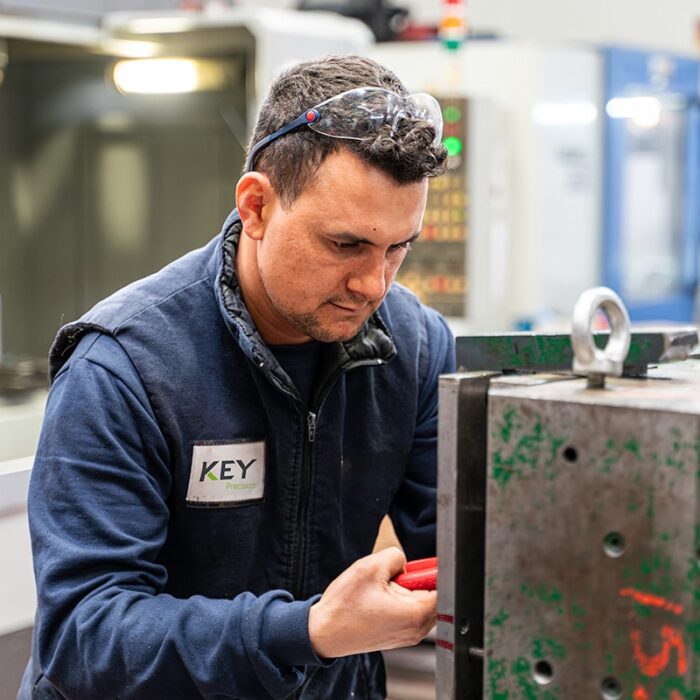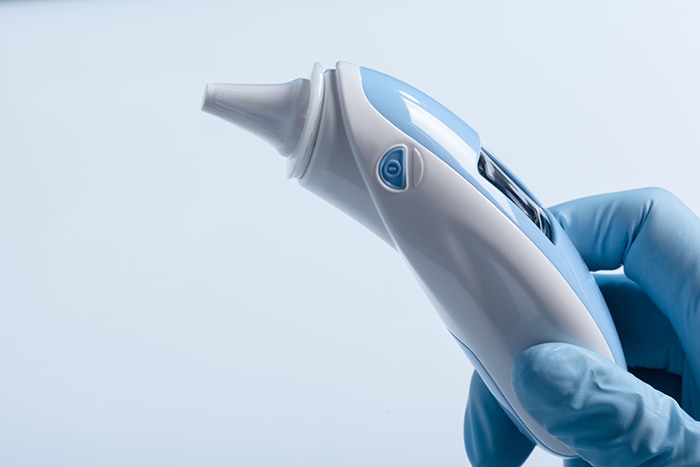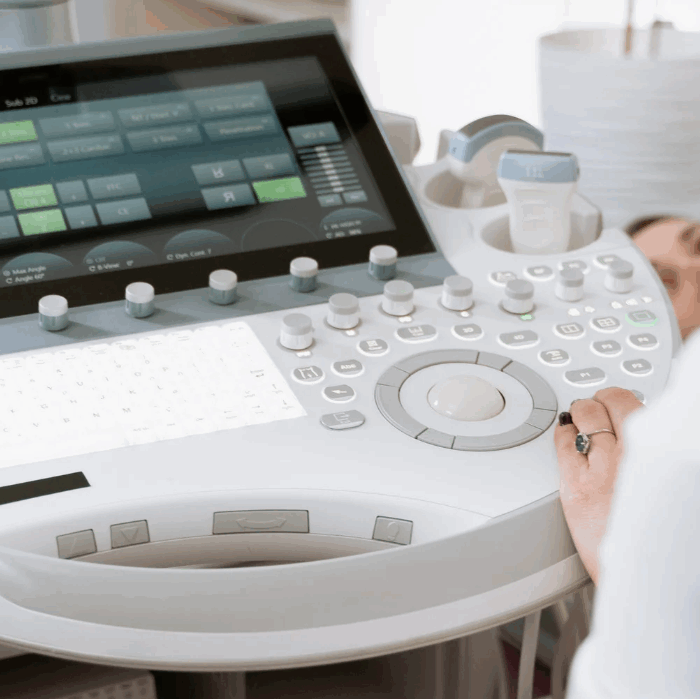Today’s manufacturing industry relies heavily on precision engineering to produce high-quality, reliable parts and products. From automobiles and airplanes to medical devices and consumer electronics, precision-engineered components are critical to the form, function and performance of manufactured goods. Let’s take a closer look at what precision engineering is, how it applies to manufacturing, and some key precision engineering methods and technologies used by Key Precision.
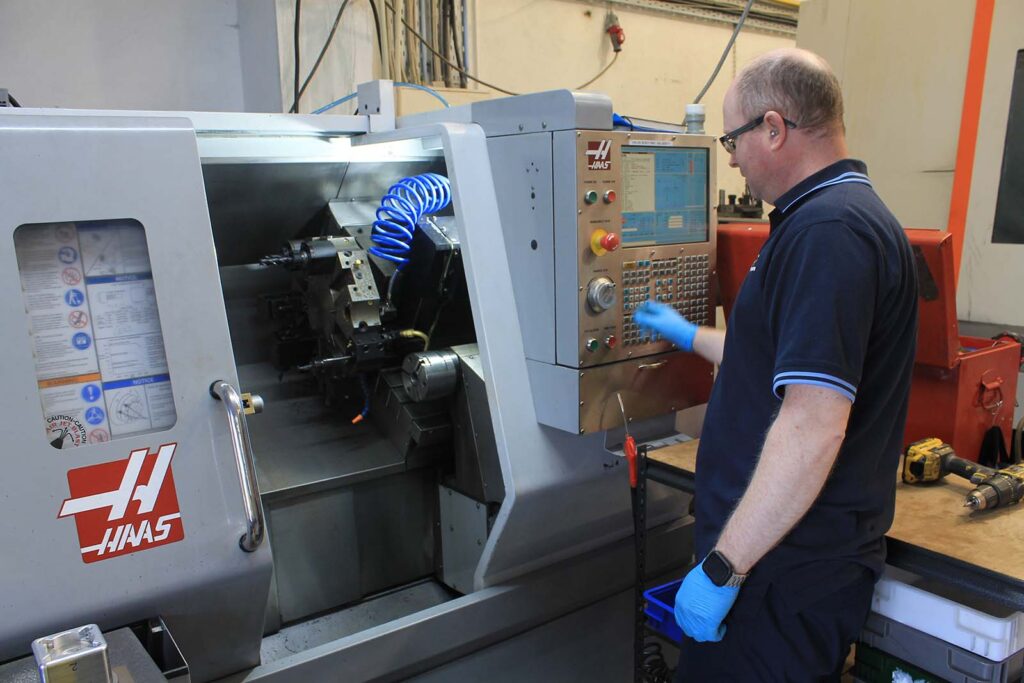
What is Precision Engineering?
Precision engineering refers to the design and manufacture of products and components to extremely high levels of dimensional accuracy and repeatability. It involves optimizing and controlling manufacturing processes to achieve tolerances often measured on the scale of microns (one-millionth of a meter) or sometimes nanometers (one-billionth of a meter).
The goal of precision engineering is to ensure components meet exact design specifications so that they fit together and function properly when assembled into a finished product. This is especially critical for complex products with many interconnected parts, like automobiles which could have over 30,000 individual components that must all work together. Traditionally, Key Precision would have used skilled human machinists and craftsmen for its precision engineering. With advances in manufacturing technology, precision engineering today is largely automated using sophisticated machines and computer control systems. This allows us to achieve previously unattainable levels of precision and accuracy at high production volumes.
Precision Engineering in Manufacturing
Precision engineering touches nearly every aspect of modern manufacturing in our group companies Key Plastics and Key Medical. From initial product design through final assembly, most products and components we work on will at some point require precision engineering. Some key areas where precision is essential include:
Machining
Machining involves cutting, drilling, grinding or otherwise removing material from a workpiece to create a desired shape or feature. Precision machining can achieve extremely tight tolerances, often measured in microns. CNC (computer numerical control) machines automate the machining process using computer-aided design (CAD) models, allowing complex geometries to be accurately machined.
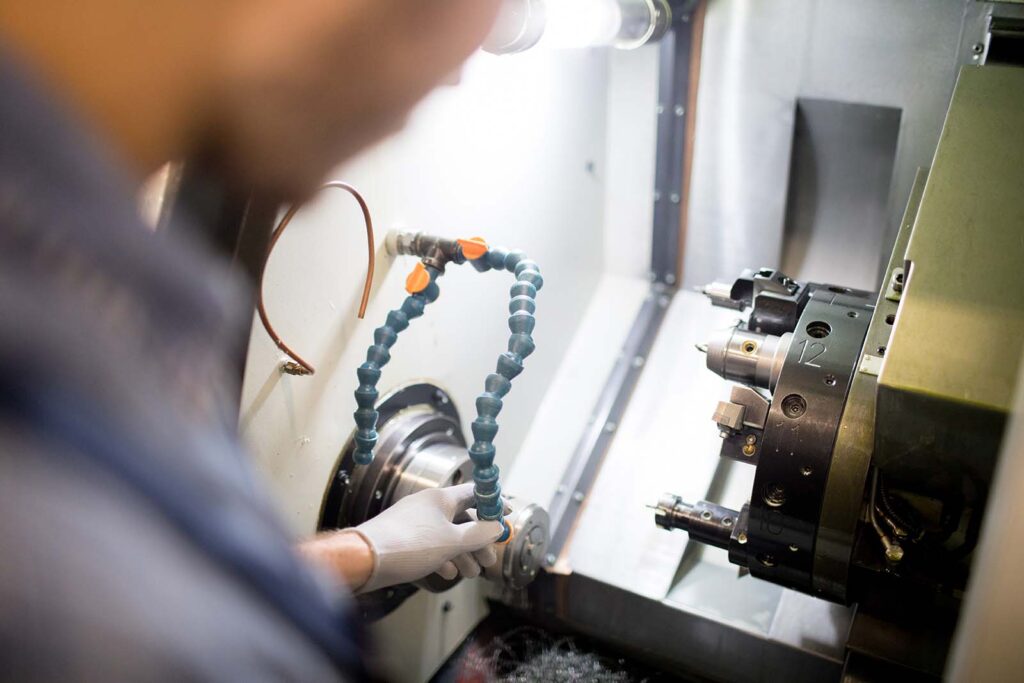
Metrology
Metrology is the science of measurement. In precision manufacturing, metrology equipment and techniques are used to inspect and verify that machined parts and assembled products meet specified dimensions and tolerances. Advanced metrology systems like CMMs (coordinate measuring machines) can measure complex 3D geometries to accuracies of a few microns.
Computer-Aided Design and Manufacturing (CAD/CAM)
At Key Precision we use CAD software to create detailed 3D models of components and assemblies. These digital models capture all critical dimensions and tolerances. Advanced CAM software then translates the CAD models into instructions for CNC machines and other computer-controlled equipment, enabling automated precision manufacturing.
Linear Motion and Positioning
Precision linear motion systems use mechanical bearings, air bearings, or magnetic levitation stages to provide smooth, straight-line motion with nanometer-level positioning accuracy. These enable precise positioning for measurement, machining, assembly and inspection. Feedback sensors and advanced control algorithms maintain positioning performance.
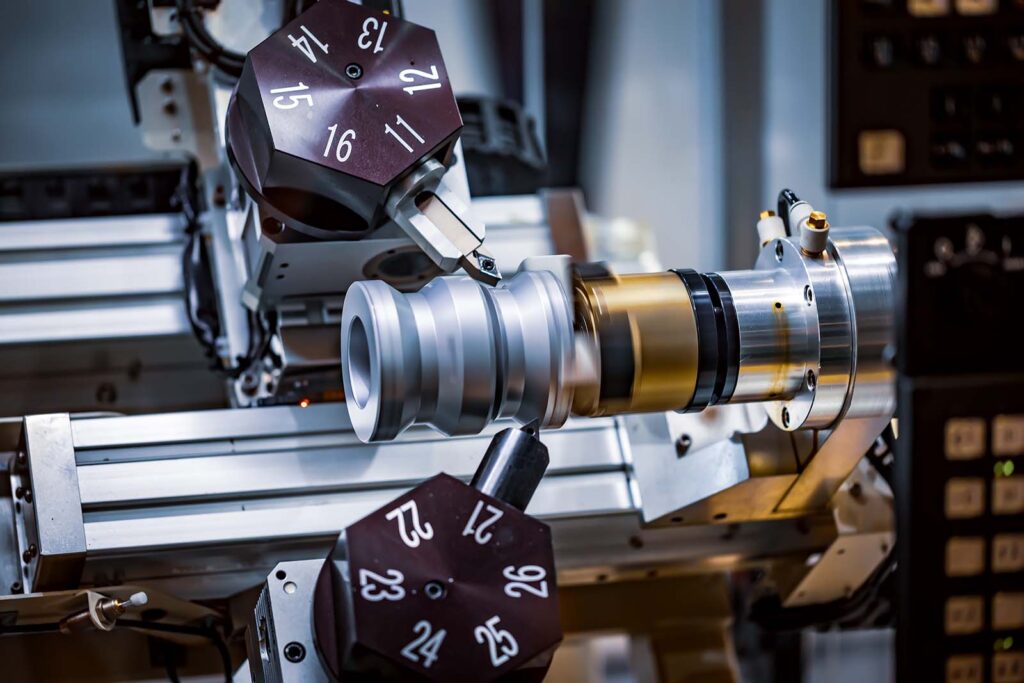
The Future of Precision Engineering in Manufacturing
As demand grows for ever-smaller, lighter, and more functional products and devices, precision engineering will only become more important in manufacturing. Nano-scale fabrication will enable new products like nano-electromechanical systems (NEMS), lab-on-a-chip devices, meta-materials and quantum computing components.
At the same time, Industry 4.0 trends like the Industrial Internet of Things, machine learning and collaborative robotics will enhance precision manufacturing capabilities. Embedded sensors and data analytics will provide real-time, closed-loop control over manufacturing processes to compensate for variability. Robotic precision assembly will allow customization and shorter product lifecycles.
Ultimately, precision engineering is about pushing the boundaries of what’s possible in manufacturing. By leveraging advances in precision design, metrology, automation and process control, manufacturers will continue to create innovative products that were previously unimaginable. The future of manufacturing is (Key) Precision!


